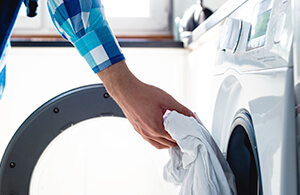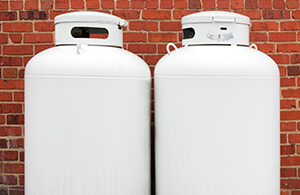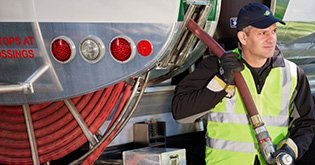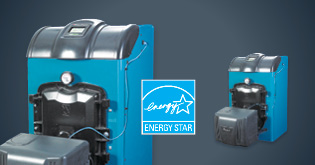
The facts you need to know before buying a propane-heated home.
If you’ve previously lived in a home fueled by oil or natural gas and buying a new one heated by propane, there are some important facts that you need to know before entering into a contract or finalizing the sale. These facts are critical to help you to get-to-know your new home better, any potential cost implications and how they could impact your annual heating budget.
The facts you need to know:

Propane tank location
- Tanks are normally above-ground or underground.
- Above-ground tanks provide easier access and maintenance
- Underground tanks are protected from damage, the elements and provide more yard space.
Natural gas lines location
- It’s important to know the location of any of the home’s natural gas lines to ensure that you avoid them in any future home renovations.
- Also, make sure that lines are protected to avoid potential leaks and costly repairs.
Size and capacity of the propane tank
- A larger tank means fewer refills, but tank size is also important to know in case not all the home appliances are fueled by propane and you'd like to upgrade them in the future so that the tank can handle the extra usage.

- Think about how your family’s usage compares to the current homeowner's usage. If you have more people living in the home, you need to be sure that the tank has the capacity to handle that. Checking with the home’s propane supplier will help you work out an estimate.
Propane tank maintenance history
- Tank and natural gas lines require regular maintenance and inspection to maintain efficiency and extend their lives.
- Appliances running on propane also need regular, annual maintenance.
- Ask for these maintenance and inspection records before purchasing a home. If the homeowner cannot provide them, it could indicate a lack of maintenance.
- If records are incomplete or unavailable, schedule an expert to perform a tank inspection before moving forward which is always smart purchasing a propane-powered home.
Propane tank ownership
- Tanks are owned either by the homeowner or leased from the propane supplier.
- If a tank is owned by the homeowner, you are responsible for buying and maintaining the tank. If you do have to buy, or there is an existing tank along with the home you’re buying, it is normally reflected in the sale price. Owning your own tank can help save on monthly rental fees and it lets you choose your own propane supplier
- Tanks leased by the propane supplier can help you save on repair or any replacement costs and worry less about managing your tank and fuel needs. Make sure to ask the person selling the home about their current propane supplier and about transferring the lease before you enter into any sale contract. Often, you may still be able to pick your own propane supplier with a leased tank but changing suppliers will require a few more steps.
How the propane is used in the home
- Propane is used for more than just heat. It also can be used as a power source for appliances like water heaters, dryers, stoves, fireplaces, and backup generators.
- Figure out how propane is used for each appliance to figure out annual usage and for any potential appliance upgrades in the years ahead.
Have any more questions about propane? Your local home service experts at Meenan are here to help. Please give us a call today.



.jpg?sfvrsn=59b4717f_1)
.jpg?sfvrsn=38eb02bb_5)